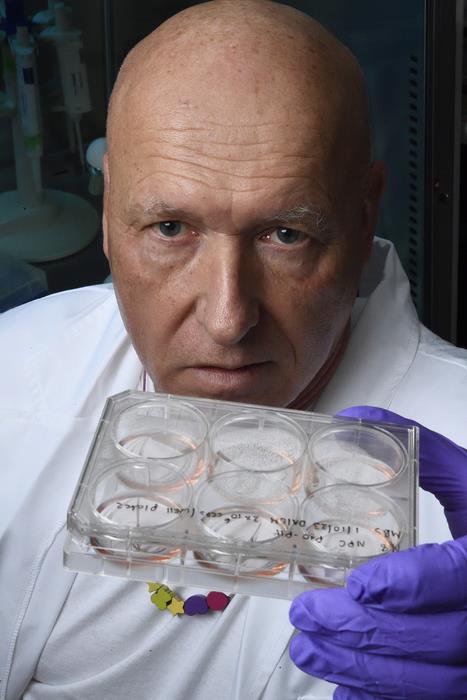Could computers of the future run on human brain cells? A team of researchers at Johns Hopkins University certainly think so. In a paper published in the journal Frontiers in Science, the team outline their plans for ‘organoid intelligence’, an emerging multidisciplinary field looking to develop biocomputers that operate with human brains cells. Such a development could not only massively expand the capabilities of modern computing but also open up new fields of study.
Organoids are tiny, self-organizing 3D tissues that are typically derived from stem cells, and mimic the main functional and architectural complexity of an organ. It is possible there could be as many types of organoids as there are tissues and organs in the body. To date, scientists have produced organoid cultures for intestines, liver, pancreas, kidneys, prostate, lung, optic cup, and the brain, and it seems more may be on the way.
These tissues provide unique opportunities for scientists to study human diseases that do not rely on traditional methods associated with animal models. The reliance on animal models has historically led to a bottleneck in treatment discovery as there are biological processes that are specific to the human body and cannot be modeled on animals. The development of organoids promises to overcome these limitations. Yet the team at Johns Hopkins University are taking the research into organoids in a completely different direction.
“Computing and artificial intelligence have been driving the technology revolution but they are reaching a ceiling,” explained Thomas Hartung, a professor of environmental health sciences at the Johns Hopkins Bloomberg School of Public Health and Whiting School of Engineering, in a statement. “Biocomputing is an enormous effort of compacting computational power and increasing its efficiency to push past our current technological limits.”
Thomas Hartung with brain organoids in his lab at the Johns Hopkins Bloomberg School of Public Health. Image credit: Will Kirk/Johns Hopkins University.
In 2012, Hartung and his colleagues started to grow and assemble brain organoids using human skin samples reprogramed into embryonic stem cells. Each organoid contains about 50,000 cells and are about the size of the dot on the letter “i”. The organoids also contain neurons and other features that appear to sustain basic functions such as learning and remembering. This presents great potential for building futuristic computers.
A computer powered by this “biological hardware” could alleviate the energy consumption demands of supercomputers and make them far more sustainable. Human brains may be slower than computers at processing information, such as arithmetic, but they are far superior when it comes to logical decision making. Moreover, brains have an overall storage capacity estimated at 2,500 terabytes, with 86-100 billion neurons making connections.
“The brain is still unmatched by modern computers,” Hartung said. “Frontier, the latest supercomputer in Kentucky, is a $600 million, 6,800-square-feet [632-square meter] installation. Only in June of last year, it exceeded for the first time the computational capacity of a single human brain – but using a million times more energy.”
Although it may be some time before organoid intelligence can compete with any type of computer, Hartung believes that biocomputers could be significantly faster, more efficient, and more powerful than their silicon-based counterparts, and they would require a fraction of the energy to operate.
“It will take decades before we achieve the goal of something comparable to any type of computer,” Hartung said. “But if we don’t start creating funding programs for this, it will be much more difficult.”
The team also hope that their research will open up new opportunities for drug testing, especially for neurodevelopmental disorders and neurodegeneration. According to Lena Smirnova, Johns Hopkins assistant professor of environmental health and engineering, who co-leads the investigations, “We want to compare brain organoids from typically developed donors versus brain organoids from donors with autism”.
“The tools we are developing towards biological computing are the same tools that will allow us to understand changes in neuronal networks specific for autism, without having to use animals or to access patients, so we can understand the underlying mechanisms of why patients have these cognition issues and impairments.”
The paper has been published in Frontiers in Science.
Source Link: Is "OI" The New AI? Biocomputers Could One Day Run On Human Brain Cells
